Nina Brekelmans tragically passed away in a house fire in Washington, D.C. on June 3, 2015.
Here is a checklist of actions D.C. residents can take to make sure your dwelling is up to code on fire safety--
KNOW THE FACTS
Roughly 85% of all U.S. fire deaths occur in the home.
If you have a fire in your home, the risk of dying is cut by about one-third when smoke alarms are present (or about half if the smoke alarms are working).
Automatic fire sprinkler systems cut the risk of dying by about 80%, according to Fire Sprinkler Initiative.
Since 2000, 85% of college-related fire fatalities have happened in off-campus housing, where most students live, says Campus Firewatch.
ENSURE YOUR HOME IS SAFE
Check your smoke detectors.
Have at least one smoke detector in your bedroom and another outside your bedroom, for example, in the hallway or stairwell.
D.C. law requires alarms inside each bedroom and outside bedrooms. In newer construction, alarms must be hard-wired and interconnected.
Make sure you have both smoke detectors and carbon monoxide detectors! Deadly levels of carbon monoxide are undetectable to humans, and are often the result of faulty fuel-burning appliances such as furnaces or generators. This site explains the differences between fire alarm types.
By law, all your fire alarm systems must be working. Test them.
If your landlord fails to meet these standards and respond in a timely manner, D.C. law states you can deduct the cost of installing and maintaining them yourself (that includes buying batteries!) and you will not face penalties. Also, the D.C. Fire and EMS Department will install smoke detectors for FREE if you request one here.
Check your exits (that includes windows!)
D.C. law requires that your bedroom has an openable window.
If you are considering renting an “English basement,” some of the rooms in those basements can be fire hazards and should not be rented as bedrooms. Be sure your landlord has a basic business license (more on that below.)
If any of the windows in your dwelling have bars, grills, or grates over them, they must be removable from inside without a key, tool, or force no greater than what you would need to break the window.
Similarly, your exit door should not require any "keys, special knowledge or effort" to unlock from inside.
If your window in your bedroom is on an upper floor, you should have a ladder or other means of safely escaping through the window in the event of an emergency.
Check if your landlord has a business license.
D.C. law requires property owners to obtain a basic business license in order to legally rent their property. To ensure your landlord is legal, enter your address into the D.C. Property Information Verification System and click on “BBL” to see if that requirement has been met.
If your dwelling does have the proper basic business license, the landlord must submit to a housing inspection that ensures the property meets fire safety standards, among others.
City officials say the house where Nina Brekelmans rented was not licensed to rent rooms or apartments. A license requires a certificate of inspection, which would have checked for hard-wired smoke detectors near sleeping areas and that all sleeping rooms have adequate escape routes.
If you find out your current landlord does not have the proper license, ask your landlord to get the license or contact the D.C. Department of Consumer and Regulatory Affairs about the noncompliance at dcra@dc.gov or (202) 442-4400. You can also follow this checklist to report this and other suspected housing violations at dcra.housingcomplaints@dc.gov or (202) 442-9557. Check if the landlord has the proper license before you rent!
For more information on what the District requires of landlords, check Housing Code standards and a site DCRA created on renting basement apartments. You can also appear in person at the District’s Department of Consumer and Regulatory Affairs’ Business License Center to see a full copy of the fire safety regulations and ask questions. Its address is 1100 4th Street, SW, 2nd Floor, Washington, DC 20024.
For more on fire safety education in the District, go to the Fire and EMS Department website here.
In the wake of Nina’s death, Andrea Swalec of NBC News Channel 4 Washington wrote a great article about fire safety, sourcing guidance from the D.C. Department of Consumer and Regulatory Affairs (DCRA), the agency that inspects District homes. We sourced much of the information in the checklist from this article.
IN TWO STATES AND THE DISTRICT, SPRINKLERS ARE REQUIRED
All newly built townhouses and one- and two-family residences in the District of Columbia are required to have fire sprinklers installed, per D.C.’s adoption of the 2012 IRC code. Maryland and California are the only two states that also require fire sprinklers in new home construction. In Virginia, the addition of sprinklers in new home construction is optional, according to the Fire Sprinkler Initiative. In Nina’s case, the home she lived in had recently been renovated and did not have a fire sprinkler system installed, according to a spokesperson of the federal Bureau of Alcohol, Tobacco, Firearms and Explosives.
EVEN IF YOU’RE STAYING ONE NIGHT
Stringent fire safety regulations that apply to businesses, hotels, and managed apartment buildings do not always apply to homes. Airbnb, a website for listing property for rent, does not require homeowners who rent out their homes to install smoke detectors and carbon monoxide (CO) detectors in the bedrooms nor keep a fire extinguisher on the property. Sometimes it is unclear from reading a property listing if the smoke and CO detectors are located in the bedroom. Here and here are some articles on the experience of Airbnb users with their fire safety policies. Here is Airbnb’s webpage dedicated to addressing home safety.
Some homeowners on Airbnb will check the box indicating their property has smoke detectors, CO detectors, and/or fire extinguishers. Even if they do:
Ask anyway to confirm safety features before booking. Make sure there is a smoke and CO detector located in the sleeping room and that there is a fire extinguisher nearby and accessible.
If you rent from Airbnb and the property does not have adequate safety features, leave a review explaining your concerns and send a message to Airbnb customer service.
STUDY ABROAD SAFELY
If you are considering studying abroad, bring a battery powered smoke and CO detector with you in case your dwelling does not have them installed. In some countries, it can be difficult to find them sold in stores.
GET INVOLVED
If you would like to follow political developments and advocate for better fire safety standards, please look up your political district using D.C.’s Property Information Verification System mentioned above. Nina lived at 1610 Riggs Place Northwest, which is located in Ward 2, currently led by Councilmember Jack Evans, and Advisory Neighborhood Commission (ANC) 2B. The Committee on Housing and Development within the Council of the District of Columbia oversees agencies and affairs related to safe housing policies in the District. The Council of the District of Columbia and Advisory Neighborhood Commissions have weekly meetings open to the public for comment. You can also reach out directly to your representatives by calling, emailing, or writing to them encouraging the promotion of stricter fire safety regulations and better enforcement of licensing requirements. We are working on a draft letter for you to send.
RESOURCES
National Fire Protection Association, a global nonprofit organization devoted to eliminating death, injury, property and economic loss due to fire, electrical and related hazards
Michael H. Minger Foundation, with a mission is to raise the awareness and standards of campus fire safety for all students and also addresses fire safety issues specific to students with disabilities
Campus Firewatch, a social enterprise focused on campus fire safety. Here is a copy of their off-campus housing fire safety checklist.
Friends of Rigby Foundation, formed in October 2006 after Daniel H. Rigby passed away in an off-campus fire at Georgetown University, it seeks to establish a network of financial and organizational support to educate and assist students at colleges and universities to prevent this tragedy from happening again.
Please send an email to ninabrekelmansmemorial@gmail.com with questions or comments regarding this article. We are happy to make edits according to your input.


